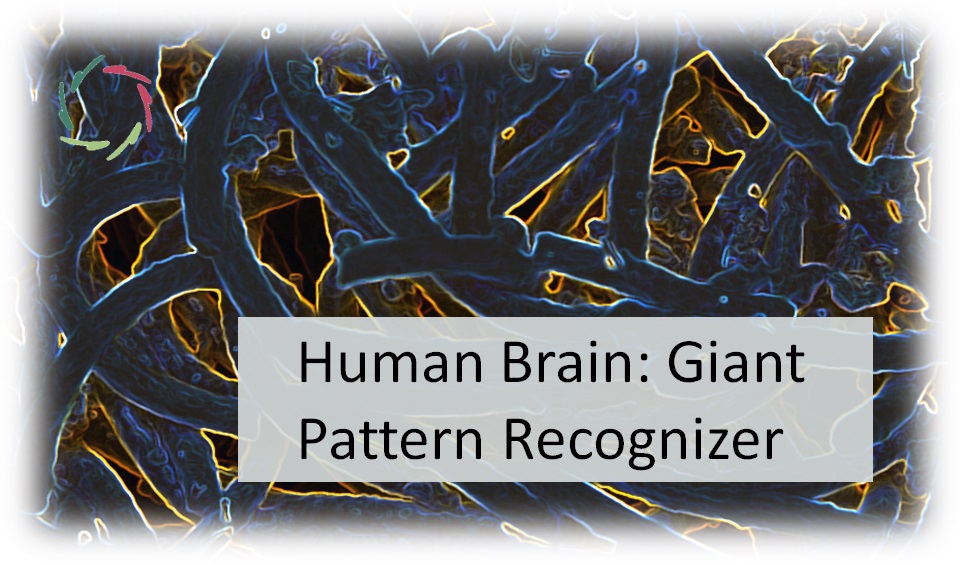Are You Your Thoughts?

This may be the question on which the answer depends most upon the question itself. Who is asking?
Conceptual / subconceptual
Time and again, what reaches consciousness is pretty crystallized (conceptualized). Therefore, we have the continual illusion that the concepts start as such where they come from.
In reality, it’s a very different world. So, what are your deeper thoughts? Are these as conceptual as more superficial ones? Many people act as if this is the case. We mostly call ‘thoughts’ rather conceptual, crystallized emergences of subconceptual patterns that continually flow at a deeper level of the mind. [see: “The Stream of Non-Consciousness“]
It’s like a veil we usually don’t see through.
This is the illusion that I call ‘basically cognitive.’ [see: “The Basic Cognitive Illusion“]
Not even seeing the illusion, and never even sensing it, makes one prone to live in ego-mode, a pretty stark world, a state of dissociation from oneself and others, with problems and suffering stemming from both. [see: “Cause of All Suffering: Dissociation“]
Who you are
From the mental viewpoint, you are the totality of patterns that exist in your mind. These form your mental landscape.
At any time, you can be ‘consciously present’ at one or another part within this landscape. Being here or there, it’s still the same you. There is no other. This is just the way you (we) are made. This is how you can think of any thought/pattern as “I have this thought (emotion, motivation, memory).”
Some of these patterns are deeper and more widely distributed, making associative connections with many other mental patterns. In this depth lies your personality, being more stable than the rest of the landscape.
Above-personality, you can be in a different mood from day to day, or you can be seen as ‘a different person’ at home versus at work. This is more pronounced in some people versus others.
In the extreme, this may look like different personalities
denoted as ‘multiple personality disorder.’ This is not so much flexibility as it results from being stuck in either one or another different part of the landscape.
As you may guess, there is a whole spectrum in this ‘disorder, ‘ quantitatively and qualitatively. As in many cases, normality doesn’t lie in the complete absence of the phenomenon, nor does the phenomenon lie in the complete absence of normality.
Being able to see one’s natural, healthy flexibility is positive.
Being able to accept it and work it through is even more positive. It makes you more flexible to chose who you want to be. It also enables you to discover, behind all appearances, who you are: a flexible person who can be congruent within this flexibility. Simultaneously:
You are flowing on a river.
You are flowing together with the river.
You are this river.
Meditation
[see also: “Into the Not-Knowing“]
This is not the ‘see me sit on a cushion’ kind, but the profound kind. It can be very interesting in this respect. It can also be quite scary and even somewhat dangerous.
One gets out of ego-mode. One gets to look behind the curtain.
One gets to see that one is and is not one’s thoughts. [see: “Am I My Thoughts?“]
This is a reason why meditation should be warm and friendly. It is much less dangerous and more efficient ― pretty seriously. At the same time, it’s more, well, interesting and pleasant. [see: “True Meditation is Warm and Friendly“]
Encountering yourself is an ethical matter. [see: “Five Aurelian Values“]


